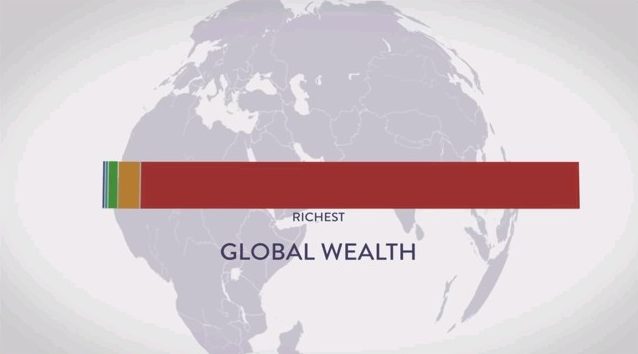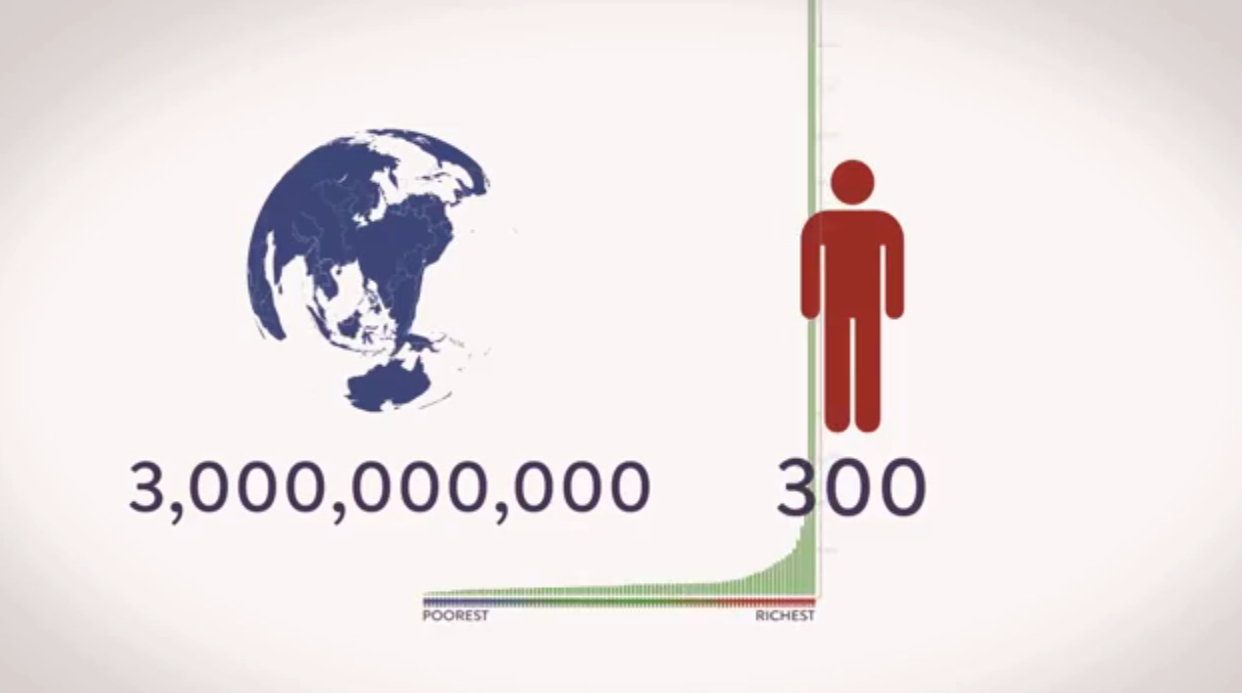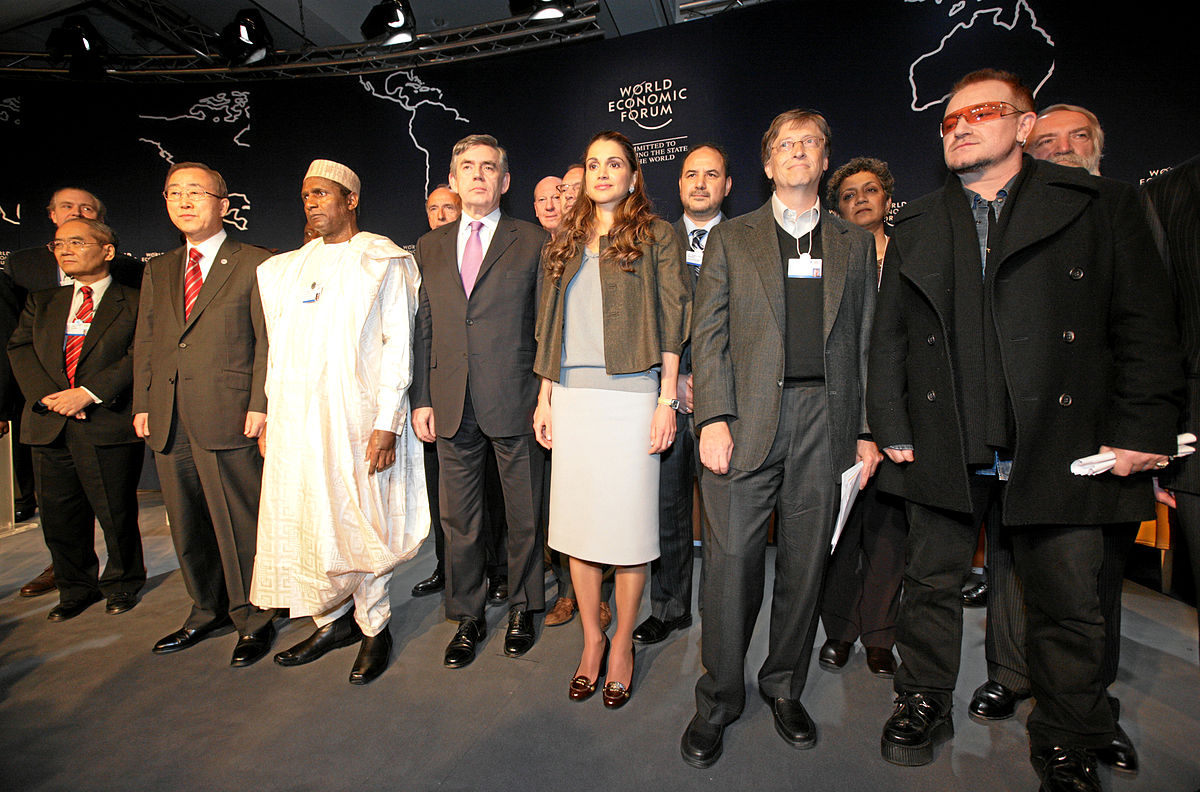Feminist Encounter for Latin America, Lima: A Political Manifesto for the Emancipation of Our Bodies

Latin America and the Caribbean XIII Feminist Encounter for Latin America, Lima, Peru, 2014
We as feminists affirm that our bodies are produced and transformed by the social relations in which we are immersed. Thus, in capitalist-neoliberal, colonial, patriarchal, heteronormative and racist societies, where relations of domination and exploitation prevail, our bodies are affected by all relations of exploitation, subordination, repression, racism and discrimination. It is on our bodies, as the primary territory, that multiple mechanisms of domination operate; but this is also where our resistance, defiance, and emancipatory activity takes place, leading to transformations in the direction of justice and the acceptance of pleasure and creativity. Today, the bodies of women – as carriers of rights- have become a disputed territory. This is what we mean when we say that “the body is a political category” and that as such it embodies feminist discourses.
In the struggle for the defence of democracy and the expansion of rights, we feminists have always contributed from our understanding of the body as a political category; but we have not always done it from a critical intercultural and intersectional perspective. This is the challenge we face today, and on which we will reflect and dialogue in this 13thFeminist Encounter in Latin America and the Caribbean.
I. THE LATINAMERICAN AND CARIBBEAN CONTEXT AND THE CHALLENGES THAT FEMINIST MOVEMENTS FACE
In the early twenty-first century, we live at an exceptional historical moment both in the Latin America/Caribbean region and globally. We are experiencing the beginning of a profound crisis that puts into question the very foundations of the dominant system.
This historical moment is exceptional because of the active presence of thousands of women and men who through their bodies resist and carry out struggles to end hunger, exploitation, sexual violence, homophobia, silencing – among other mechanisms of domination. These are part of the diverse social movements that now dispute imaginaries, territories and resources in our Latin-Caribbean continent.
These racial/ethnic, generational, transgender, lesbian, disabilities movements enrich feminisms with new perspectives and reasons for struggle, but also pose major challenges. The diversities that characterize our societies are imbued with inequality and violence, reflecting severe power imbalances, which have implications for our movements. It seems that diversity has not been given its full value, not understood in its possibility of confronting discrimination in all its forms.
“Low-intensity” democracies in our region display the unresolved tension between democracy and development. These tensions are expressed in the fact that we have never achieved full economic, social and cultural rights. On the contrary, the conservatism and the weakening of the secular character of the state encourage policies that ignore the human rights of women. Sexual and reproductive rights have now become a strategic issue for the democratization of our Latin-Caribbean societies. The promotion of democracy in the country – at home and in bed; in the neighbourhood and social organizations; at local and global level – is a historic contribution of feminism for all humanity, not just for women, and in the present context we must reassess it and defend it.
More than the ability to mobilize masses, the power of the feminist movement has been its ability to contest and achieve changes in democratic imaginaries and in transformative horizons. Our energy and capacity for change is based on a political-cultural argument, enriching it with the voices of new actors whose presence regenerates and deepens democracy. Our feminisms are becoming de-normalizing, becoming black, indigenous, transgender, lesbian, and queer.
Feminism in its various streams has made profound criticism of the current oppressive system. Feminisms have challenged modern capitalist values that exacerbate violence against territories and bodies. Feminisms have identified the extractive development model that threatens life and nature, the logic of accumulation that commodifies all livelihoods, and subordinates and exploits working people – particularly care and reproductive work which is primarily performed by women.
In the current crisis of civilization, Latin and Caribbean feminisms come together in our commitment to confront and fight to change the multiple systems of domination that impact – simultaneously and powerfully – on all women, in their undervalued, exploited and hijacked bodies.
II. NEW HORIZONS AND A NEW DIRECTION FOR OUR STRUGGLES
1) Critical interculturality from an intersectional perspective
The recognition of sexual and gender diversity within the multicultural and multi-ethnic situation of Latin America and the Caribbean has not been an easy process. Both coloniality and a monocultural gaze have marked the relationships between the populations that today inhabit the sub-continent. The places from which “talking”, feeling, desiring, doing, producing wealth, culture and knowledge, are loaded with unequal power relations that invisibilise and degrade forms of life, knowledge and societies, considering them as subaltern and subordinating them to Western hegemony. This realization compels us to look at diversity as an expression not only of difference but also as a source of inequalities that, depending on their origins, intersect and differentially impact women. Moreover, this challenge demands that we recognize the urgency of redistributing power among women in both society in general and social movements in particular, thereby empowering them. To socialize power is the key challenge for the creation of radical democracy. This requires that we learn to accept and manage conflicts, disagreements and dissenting views.
Critical interculturality allows us to retrieve other voices, knowledges and ways of thinking, and to appreciate diverse worldviews that speak of the complexity of reality and the multiple ways of living and being a woman. This is not a call to ‘celebrate’ or ‘tolerate’ diversity, but a call to recognize the incompleteness of any political proposal that does not incorporate dialogue with diversity, building identities and producing knowledge. This demands that we take on an ethical-political commitment to incorporate diversity in our ways of living, thinking and coming together.
2) The sustainability of life as priority
Feminist economics demonstrates how, for centuries, the way of sustaining life has been through the sexual division of labour with a consequently excess workload for women.
The capitalist system imposes discourses as “truths” that legitimize it as a hegemonic mode of production. Among these “truths”, it produces a series of false dichotomies, such as production/reproduction, public/private, nature/culture, normal/abnormal. It also reduces the notion of work to the production of goods and services with exchange value in the market. The systemic devaluation of social reproduction by nation states reflects the deep biases of socio-economic-cultural system as a whole, which avoids its responsibility and increases the burden of survival on people and, in particular, on women in Latin America and the Caribbean.
This advanced stage of an extractive and predatory capitalism threatens the sustainability of life on the planet and urgently calls into question the prevailing ways of life and production. As feminists – and like other social movements – we condemn this form of social organization and its values, and demand dignified living conditions for all people. This implies not only new forms of sustainable economic production but also relationships of care and affection.
Feminist movements strive for a radical change in the current capital-centric logic of the economy and for a new balance between production and reproduction, in which the state stops seeing the carework of women as a resource to be tapped freely in order for the state to cover its obligations to protect and care for life. Human life and its sustainability should be the first and only priority of state economic and social policy.
3. Body and territory: safeguarding community life
A territory is much more than a plot of land: it is a cultural, symbolic and historical living space. Understanding the body as a territory – as a whole complex and living system, consisting of multiple relationships in which all living beings and natural resources like water, land, mountains are involved – challenges us to think about our individual and collective bodies as part of a community and constituent part of territories. Ecofeminism, communitarian feminisms, indigenous and Afro feminisms, lesbian and transgender feminisms, invite us to question the anthropocentric and androcentric vision of our society, which has put white/individual/rational/man/ straight at the epicentre of the universe, the centre of power, whose purpose is to dominate nature in the same way as women are dominated. These various feminisms invite us to reassess our relationship with nature, our ancestry, our social community.
III. THE APPROPRIATION OF OUR BODIES BY PATRIARCHAL, RACIST AND HETERONORMATIVE CAPITALISM
Our bodies have been turned by patriarchal capitalism into territories on which discourses that restrict our freedoms are constructed. Open and hidden violations of women’s bodies oppress us at work, on the street, in intimate daily life, in sexual life, in emotional and in the subjective spheres of life. Heternormativity, racism, sexual and social division of labour, economic exploitation, the devaluation of bodies and their energies, their reduction to mere carriers of working forces or of invisible work (reproductive or carework, without economic and social recognition), the repudiation of disability – these are all expressions of bodies seen as territories for others, alien and distant, putting in question whether our bodies are our own.
Let’s see how they operate:
“Standardized” bodies: the rejection of difference in performance
Latin American and Caribbean feminisms condemn the hegemonic culture that considers bodily differences and variations in performance as subjects of oppression and discrimination, whether using medical, religious or aesthetic arguments, or via suggestions of lower productivity in the labour force. Feminists condemn the discrimination by a medicalized and normalized model of the body that does not pay attention to the obstacles that determine disability in people. We seek to problematize what is “normal” and to display the inability of modern society to accept functional diversity.
Bodies as “workforce” and “objects of consumption”.
Under patriarchal capitalism, control over the body, reproduction and sexuality is directly related to the needs of the reproduction of capitalism as a system. The body is seen primarily as a labour force, as a condition for the creation of material wealth. The sexual division of labour, which is based on the separation between production as men’s work and reproduction as women’s work, is central to capitalist accumulation. Our bodies generate demand in the capitalist market: this is through rampant consumerism, which promotes an ideal of beauty that causes anorexia and bulimia and self-harm, leading ultimately to death as women compete in the struggle for a place to be seen, identified and ‘consumed’ by the male gaze.
Sexual bodies that are denied desire and joy
Heternormativity has been a constituent of the ruling order since the capitalist mode of production restructured the patriarchal system. Under capitalism the relationship between the body/sex/reproduction became a central dimension of social (economic) relations. It is here that the church hierarchy and conservative groups have concentrated their efforts to control the bodies of women as a strategy to maintain and expand their political power. And while bodies contain the possibility of self- determination, beyond the binary sex/gender framework, the challenge of this freedom implies high costs because it is perceived as threatening and hence stigmatized as something that should be expelled or pathologized.
IV. OUR BODIES IN MOTION
By recovering body politics we recover other powerful and transgressive political dimensions as we engage in various forms of struggle. We need to overcome a modern sense of self that imposes separation from the body, reason from subjectivity and emotion, and the individual body from the social context. As the body is the carrier of rights, our bodies are the source of new political struggles, reclaiming new forms of autonomous struggle around production, reproduction and sexuality.
The denial of sexual and reproductive rights has generated a countercultural struggle, reaffirming the right to decide about our own bodies, the right to pleasure, to a diverse eroticism, to a non-normative/non-heteronormative sexuality, to a sovereign gender identity, to self-determination. Our struggle for reproductive health and rights require not only adequate services, but also the retrieval of non-Western healing practices. These struggles also include the fight against AIDS and the monopoly of the big transnational drugs industry.
Compulsory heterosexuality and the compulsive determination of our gender, are confronted by the movements of sexual-gender dissent and by feminisms condemning the biological approach and the binary framework of gender and sexuality, advocating the right to self-determination over our desires and our gender identity
The impacts of neoliberal reforms of extractive economic policies and commercialisation, which produce hunger and poverty, have led to struggles against free trade, in defence of the land and territory, against the damage and privatization of our commons – such as water and land – which are fundamental for survival.
Similarly, the struggles against racism and ethnic discrimination, and their intersection with other forms of discrimination, have caused in the case primarily of women, of African descent and indigenous, special impacts on their sexual bodies. Today, their powerful resistance has managed to include the fight against ethnic and racial discrimination in the agendas of all feminist and democratic social movements.
Meanwhile, movements of women with disabilities confront: the way in which normality and beauty have been defined; and the disempowering role of society in limiting the opportunities of women with disabilities to exercise their rights, which are exactly the same rights as all citizens.
Moreover, immigrants, whether of their own choice or as a result of repressive political and economic processes within the sub-region, have been forced to seek new destinations, are questioning – as part of the globalization of feminist struggles – the unfair, racist and colonial global system.
In all of these processes, feminisms have produced feminist theory, knowledge and new categories that question the limitations of reproductive work and put forward the “care economy” as an ethical, economic, legal and political dimension. This requires the responsibility of men, society and the state in the function of care.
In recovering all these aspects of body politics, Latin-Caribbean feminists have taken a political, conceptual and imaginative leap. Today they rebel, transgress, transcend borders and transform the political and cultural landscape of our times.
Lima, April, 2014
The Hague, June 2014 – with the help of Rosalba Icaza, Wendy Harcourt and Peter Waterman









Leave a Comment